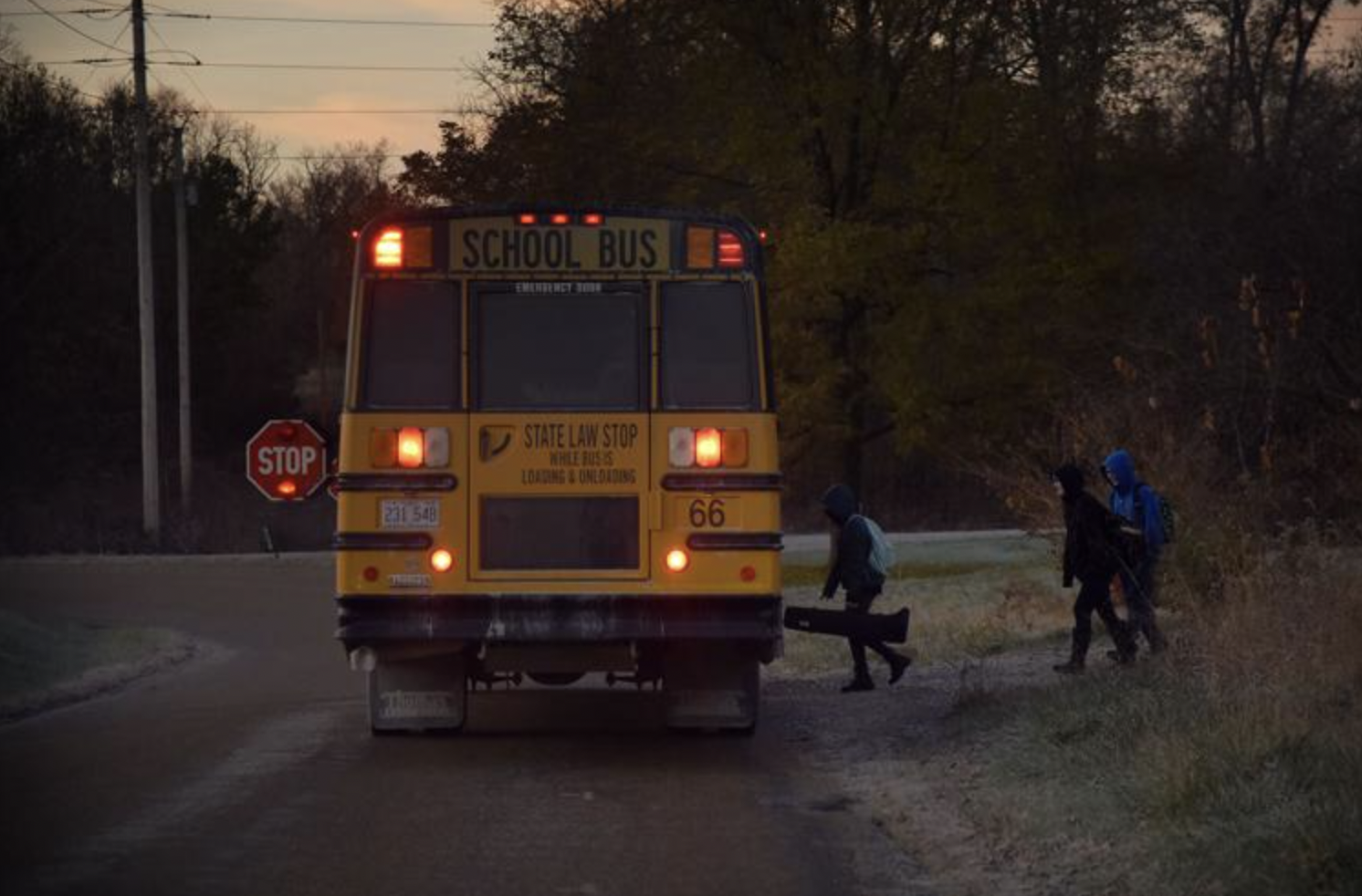Rural education in Missouri has long been a topic of concern, with funding and teacher shortages being major challenges. The latest report from the National Rural Education Association (NREA) sheds light on the critical state of rural education in Missouri. While there are some positives, such as enrollment in public preschool and high school graduation rates, there is still a pressing need for improvement. In this article, we will explore the funding issues, teacher shortages, and potential solutions for rural education in Missouri.
![]()
The Funding Gap
Missouri spends less than the national average on rural students, with a per-pupil expenditure of less than $6,000, which is only 81% of the rural U.S. average. The NREA report emphasizes the need for legislative policy changes to address this funding gap. While Missouri ranks 41st in rural enrollment in public preschool, there is room for improvement. Increasing investment in rural education is crucial to ensure that students receive the resources they need to succeed.
Teacher Shortages
Another significant challenge facing rural education in Missouri is the shortage of teachers. Low salaries contribute to this issue, making it difficult to attract and retain qualified educators. The NREA report highlights the importance of addressing this workforce development issue. Widening the pool of applicants and targeting different populations as potential teachers can help alleviate the shortage. Missouri State University’s Pathways for Paras Project is one example of a program that aims to address this problem by offering para-educators and teacher assistants a pathway to completing a four-year teaching degree while retaining their jobs in schools.
The Strengths of Rural Education
Despite the challenges, rural districts in Missouri have unique strengths that contribute to higher high school graduation rates. Smaller schools and close-knit community ties create an environment that fosters success. It is crucial to recognize and build upon these strengths while addressing the areas that need improvement. By leveraging the advantages of rural education, Missouri can continue to make progress in providing quality education to its rural students.
Bridging the Funding Gap
To address the funding gap in rural Missouri education, it is essential to explore various avenues for financial support. Seeking federal grants and partnerships with private organizations can help supplement state funding. Additionally, engaging the local community through fundraisers and volunteer initiatives can provide much-needed resources to rural schools. Collaboration between policymakers, educators, and community members is crucial in finding sustainable solutions to bridge the funding gap.
Innovative Approaches to Teacher Recruitment and Retention
Missouri State University’s Pathways for Paras Project serves as a model for innovative approaches to addressing the teacher shortage in rural areas. By providing para-educators and teacher assistants with the opportunity to earn a salary while pursuing their teaching degrees, the program offers a practical solution. Programs like this can attract individuals who may not have initially considered a career in teaching. Expanding such initiatives and offering incentives like loan forgiveness and competitive salaries can help attract and retain qualified teachers in rural Missouri.
Leveraging Technology for Accessible Education
In today’s digital age, technology plays a crucial role in providing accessible education to rural communities. By leveraging online learning platforms and virtual classrooms, students in remote areas can access a wider range of educational resources. Providing reliable internet connectivity and necessary technology infrastructure is essential for bridging the educational divide between rural and urban areas. Public-private partnerships and government initiatives can play a crucial role in ensuring equitable access to technology in rural Missouri.

Strengthening Community Partnerships
The close community ties in rural areas provide an opportunity for strong partnerships between schools, local businesses, and organizations. Collaborations can enhance educational opportunities by offering vocational training, internships, and mentorship programs. Engaging the community in shaping the curriculum and providing support services can create a more comprehensive and tailored educational experience for rural students. Building strong community partnerships is vital in ensuring the success of rural education in Missouri.
Empowering Local Leadership
Empowering local leadership in rural districts is crucial for driving positive change in education. By involving community leaders, parents, and educators in decision-making processes, policies can be developed to address the unique needs of rural schools. Local leadership can advocate for increased funding, teacher support, and infrastructure improvements. By giving a voice to the people most directly impacted by rural education, Missouri can create a more inclusive and effective education system.
Addressing Spatial Inequities
Rural areas often face spatial inequities, including limited access to healthcare, transportation, and social services. Addressing these inequities is essential for ensuring that rural students have equal opportunities for success. Collaboration between education and other sectors can help identify and address these challenges. By working together, Missouri can create a supportive environment that nurtures the holistic development of rural students.
Conclusion
Rural education in Missouri faces significant challenges, including funding gaps and teacher shortages. However, by leveraging the strengths of rural communities, exploring innovative approaches to recruitment and retention, and addressing spatial inequities, Missouri can provide quality education to its rural students. Collaboration between policymakers, educators, and community members is crucial in finding sustainable solutions. By investing in rural education, Missouri can empower its rural communities and pave the way for a brighter future.
